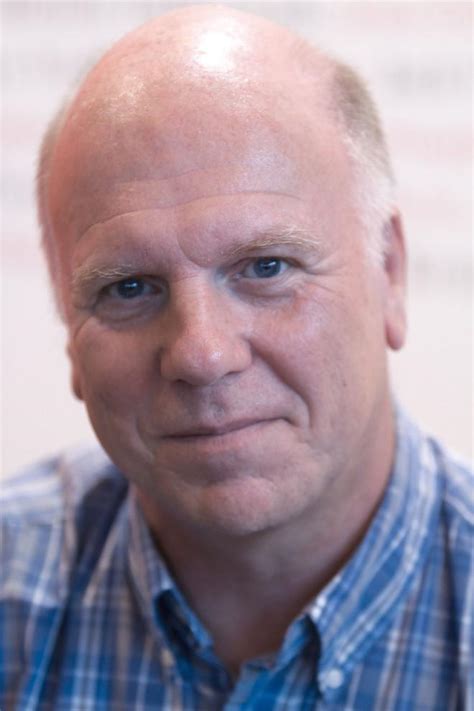A Quote by Frederick Lenz
True wisdom is to see and understand your relationship with the universe. When you gain that relational knowledge, then you are wise.
Quote Topics
Related Quotes
Wisdom and knowledge can best be understood together. Knowledge is learning, the power of the mind to understand and describe the universe. Wisdom is knowing how to apply knowledge and how not to apply it. Knowledge is knowing what to say; wisdom is knowing whether or not to say it. Knowledge gives answers; wisdom asks questions. Knowledge can be taught, wisdom grows from experience.
A philosopher is a lover of wisdom, not of knowledge, which for all its great uses ultimately suffers from the crippling effect of ephemerality. All knowledge is transient, linked to the world around it and subject to change as the world changes, whereas wisdom, true wisdom is eternal, immutable. To be philosophical one must love wisdom for its own sake, accept its permanent validity and yet its perpetual irrelevance. It is the fate of the wise to understand the process of history and yet never to shape it.
Why is wisdom so fair? Why is beauty so wise? Because all else is temporary, while beauty and wisdom are the only real and constant aspects of truth that can be perceived by human means. And I don't mean the kind of surface beauty that fades with age, or the sort of shallow wisdom that gets lost in platitudes. True beauty grips your gut and squeezes your lungs, and makes you see with utmost clarity exactly what is before you. True wisdom then steps in, to interpret, illuminate, and form a life-altering insight.
You can use reading as a food for the ego. It is very subtle. You can become knowledgeable; then it is dangerous and harmful. Then you are poisoning yourself, because knowledge is not knowing, knowledge is not wisdom. Wisdom has nothing to do with knowledge. Wisdom can exist in total ignorance also. If you use reading just as a food for the mind, to increase your memory, then you are in a wrong direction. But reading can be used in a different way; then reading is as beautiful as anything else in life
Suppose that we are wise enough to learn and know - and yet not wise enough to control our learning and knowledge, so that we use it to destroy ourselves? Even if that is so, knowledge remains better than ignorance. It is better to know - even if the knowledge endures only for the moment that comes before destruction - than to gain eternal life at the price of a dull and swinish lack of comprehension of a universe that swirls unseen before us in all its wonder. That was the choice of Achilles, and it is mine, too.
There is oftentimes a great deal of knowledge where there is but little wisdom to improve that knowledge. It is not the most knowing Christian but the most wise Christian that sees, avoids, and escapes Satan's snares. Knowledge without wisdom is like mettle in a blind horse, which is often an occasion of the rider's fall.
The human mind has a desire to know its place in the universe and the role we play in the tapestry of life. This is actually hardwired into our brains, the desire the know our relationship to the universe. This was good for our evolution, since it enabled us to see our relationship to others and to nature which was good for our survival. And it is also what drives our curiosity to understand the universe.
It is ignorance that is at times incomprehensible to the wise; for instance, he may not see 'the positive person' or 'the negative person' in a black and white way as many people do. A wise man may not understand it because, as a catalyst of wisdom, but not wise in his own eyes, even he can learn from and give back to fools. To think that an individual has absolutely nothing to offer to the table is counter-intuitively what the wise man considers to be 'the ignorance of hopelessness'.
There's nothing good about getting older-absolutely nothing-because the amount of wisdom and experience you gain is negligible compared to what you lose. You do gain a couple of things-you gain a little bittersweet and sour wisdom from your heartbreaks and failures and things-but what you lose is so catastrophic in every way.
If you lose touch with nature you lose touch with humanity. If there's no relationship with nature then you become a killer; then you kill baby seals, whales, dolphins, and man either for gain, for "sport," for food, or for knowledge. Then nature is frightened of you, withdrawing its beauty. You may take long walks in the woods or camp in lovely places but you are a killer and so lose their friendship. You probably are not related to anything to your wife or your husband.

































